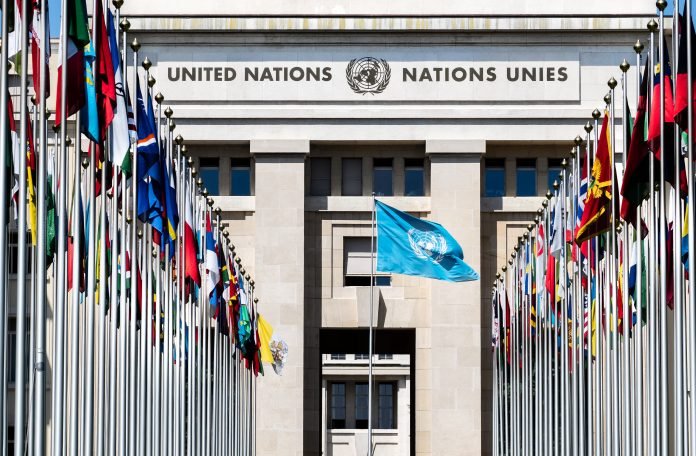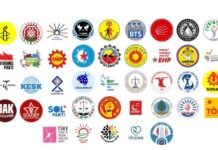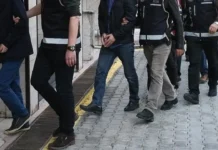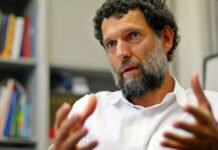The United Nations Committee against Torture (CAT) is set this week to review Turkey’s record of torture and ill-treatment amid growing concerns from human rights organizations, Human Rights Watch (HRW) reported.
More than 40 civil society organizations (CSOs) including HRW have submitted reports to the committee, detailing systematic torture practices, enforced disappearances, extrajudicial killings and widespread impunity in Turkey since the committee’s last review in May 2016 before a coup attempt on July 15 of the same year.
The aftermath of the 2016 failed coup saw a marked increase in reports of mass detentions and torture by police, particularly targeting individuals accused of connections to the faith-based Gülen movement, inspired by Muslim cleric Fethullah Gülen.
Turkish President Recep Tayyip Erdoğan has been targeting followers of the Gülen movement, since the 2013 corruption investigations which implicated then-prime minister Erdoğan, his family members and his inner circle.
Dismissing the investigations as a Gülenist coup and conspiracy against his government, Erdoğan designated the movement as a terrorist organization and began to target its members. He intensified the crackdown on the movement following the abortive putsch in July 2016 that he accused Gülen of masterminding. Gülen and the movement strongly deny involvement in the coup attempt or any terrorist activity.
One prominent case was that of Eyüp Birinci, a former school teacher in the southern province of Antalya who was among those tortured and whose case was documented by HRW at the time. Beaten so badly that he required emergency abdominal surgery, Birinci made numerous complaints of torture that were repeatedly rejected. Only now, after the completion of a new investigation eight years later, will three police officers and a doctor face trial: two police officers for alleged torture, a third officer and a doctor for ignoring it.
Birinci’s case is a rare exception since the Turkish authorities fail to investigate the vast majority of cases of alleged torture, let alone bring them to trial.
HRW has also brought attention to Turkey’s failure to investigate enforced disappearances and related torture claims. Some disappearances have been reported within Turkey, while others occurred abroad, where Turkish intelligence services have celebrated the forced repatriation of individuals allegedly connected to the Gülen movement.
Since the abortive putsch the government of President Erdoğan has employed extra-legal methods to secure the return of its critics after its official extradition requests have been denied. The government’s campaign has mostly relied on renditions, in which the government and its intelligence agency, MİT, persuade the relevant states to hand over individuals without due process. The victims have been the subjects of a number of human rights violations including arbitrary arrests, house raids, torture and ill-treatment during these operations.
The committee is also expected to address Turkey’s record on protecting refugees and migrants from ill-treatment in deportation centers, along with documented cases of torture and shootings of asylum seekers at its borders.
Another critical issue is Turkey’s accountability as an occupying power in northern Syria. The committee will examine abuses, including torture, enforced disappearances and sexual violence against Kurds and Arabs by Turkish security personnel and Syrian militia groups under Turkish control.















